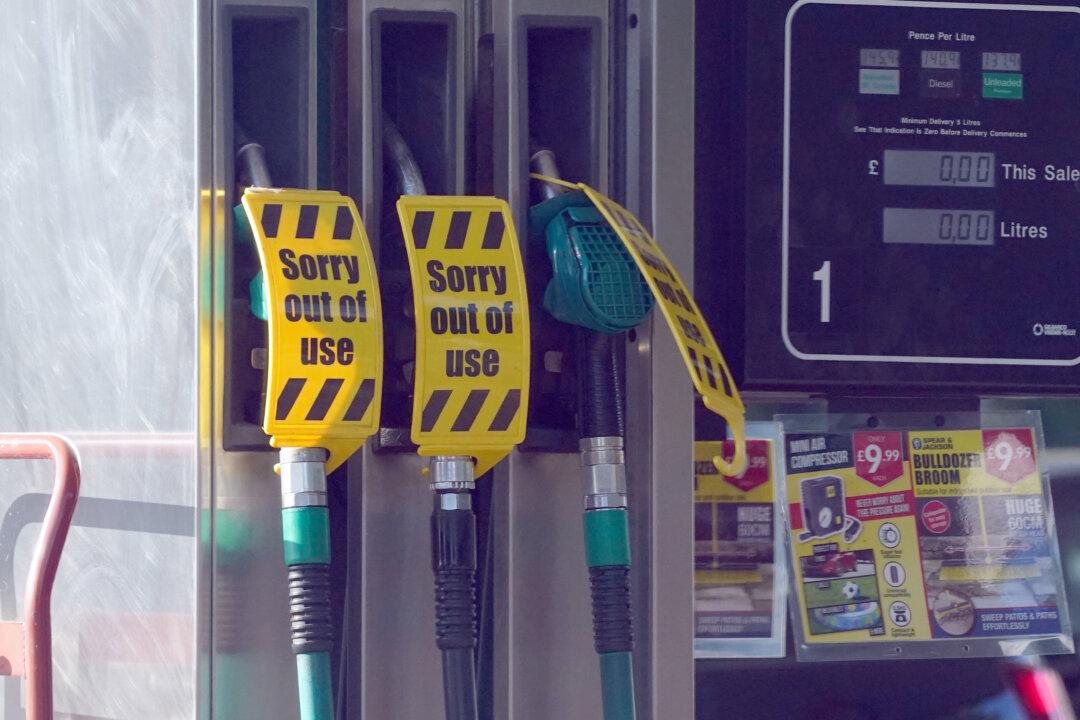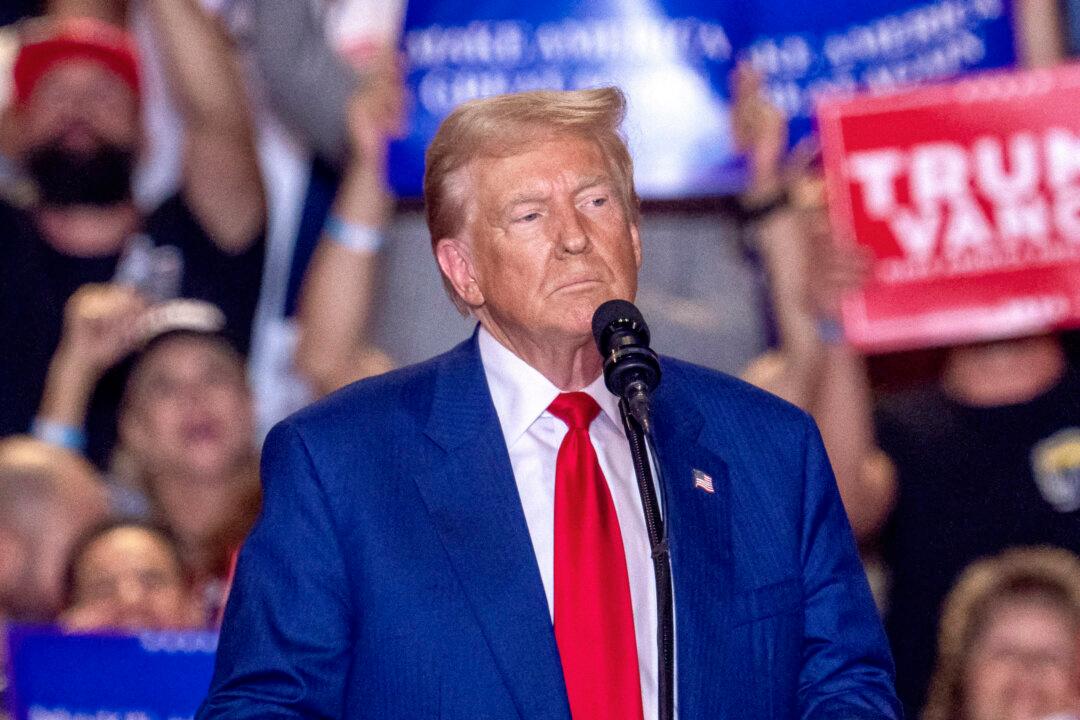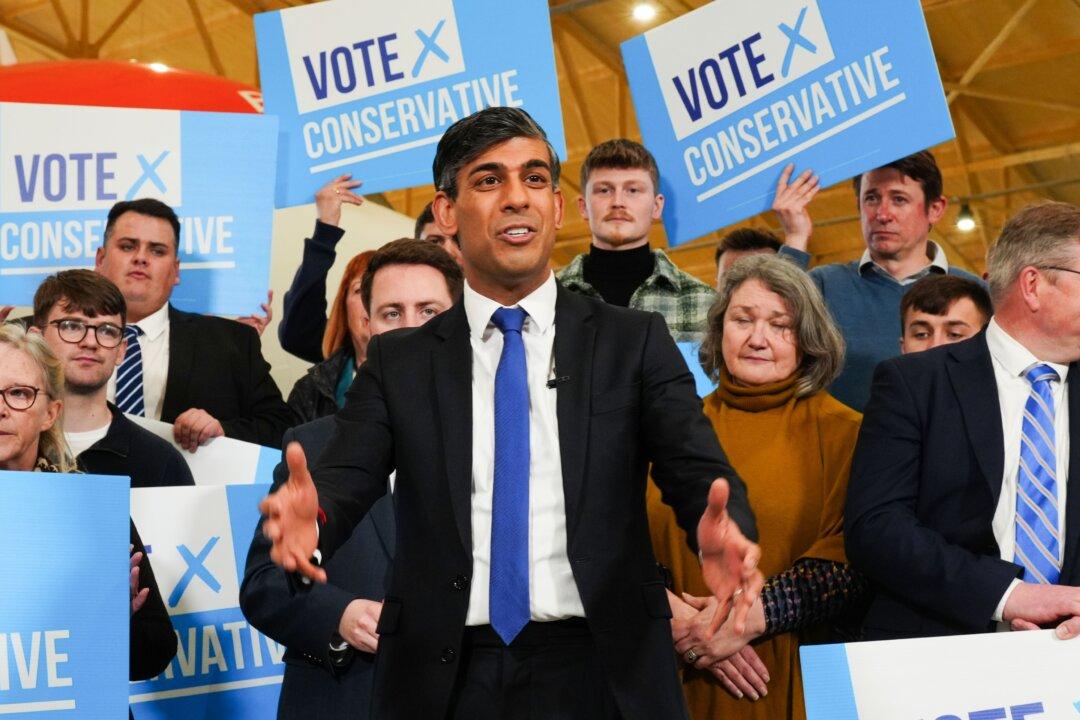British Cabinet ministers have urged motorists not to hoard fuel after several petrol stations closed on Thursday due to the ongoing lorry driver shortages.
The disruption of a number of BP and Tesco forecourts has led to queues at some petrol stations on Friday morning.




